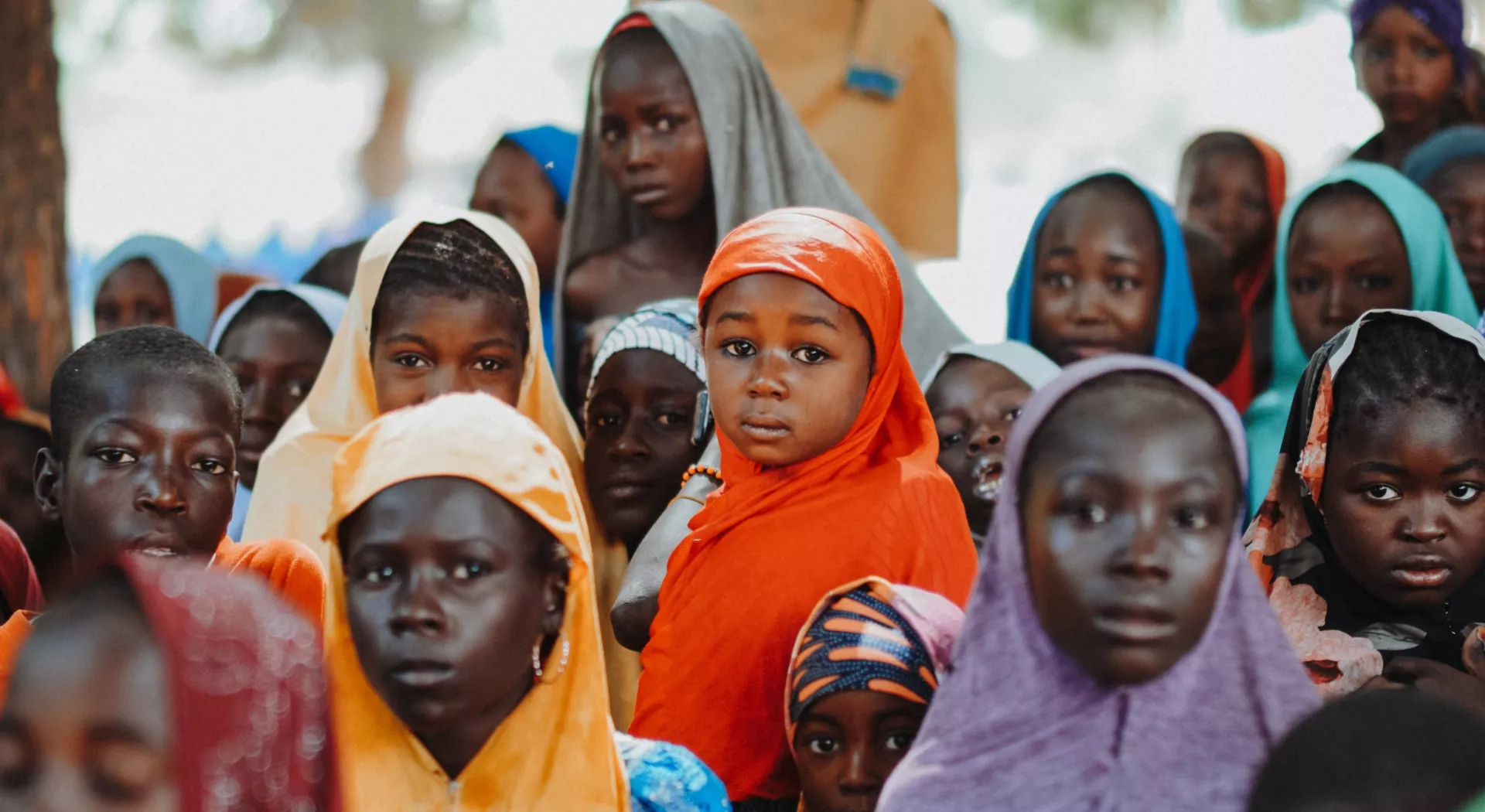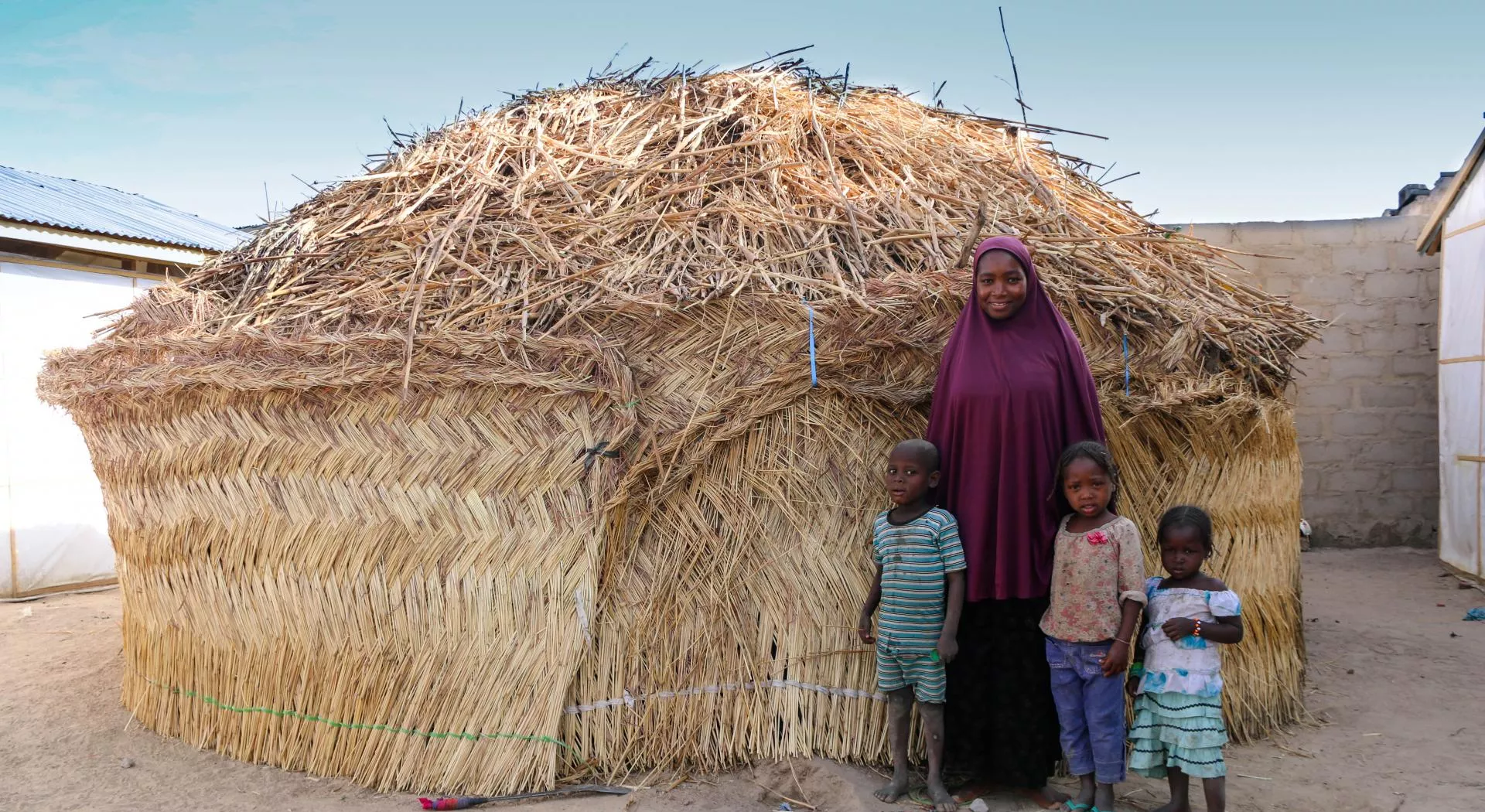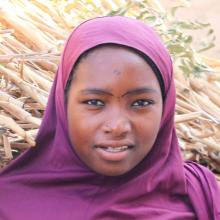ZOA has been working in Nigeria since 2016 in Borno State, Jere and Maffa Local Government Areas (LGA) and Monguno Local Government Area (LGA). We reach out to the most vulnerable internally displaced people as well as to the host population who shared the little they had with new arrivals. We provide clean drinking water, sanitary facilities, cash, and food.
Cash Distribution
ZOA supports people through monthly cash assistance projects in Monguno and Jere. At least 80 per cent of cash is spent on food. The selected households who were eligible for the cash distributions are the most vulnerable like female headed families, pregnant and lactating mothers and elderly households. They generally have no resources left and had to use negative coping strategies such as survival sex, begging, eating fewer meals per day and generating large debts with friends and family. As a result of ZOA’s intervention, malnutrition percentages dropped, people became more food secure and women and girls are less vulnerable to violence and sexual exploitation. Despite warnings for famine this worst-case scenario was prevented in the project areas. The cash was distributed through RedRose digital platform, an innovative system making use of e-cards and/or e-vouchers (bank cards) and biometric authentication.



